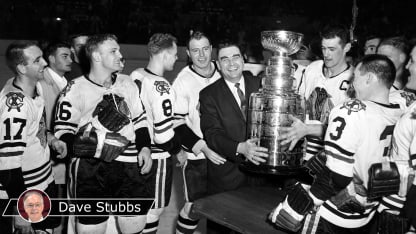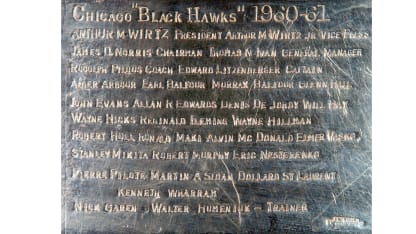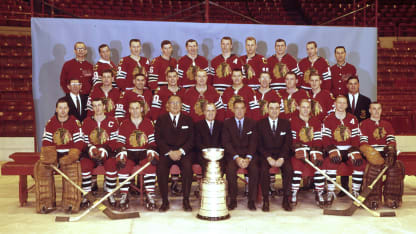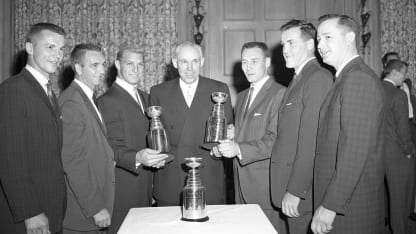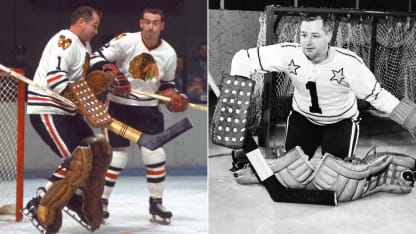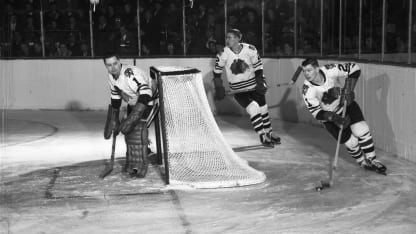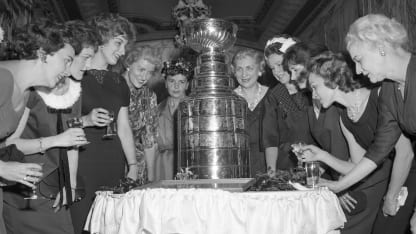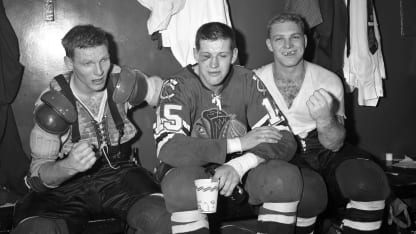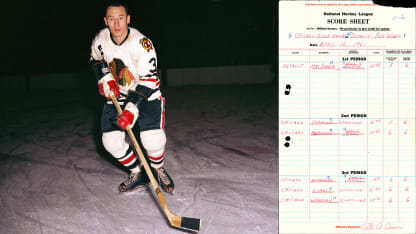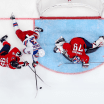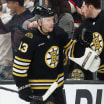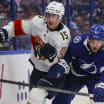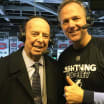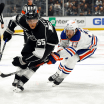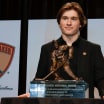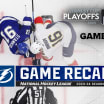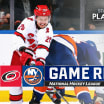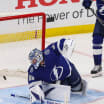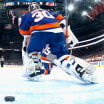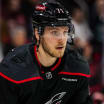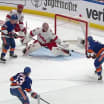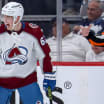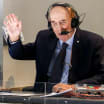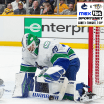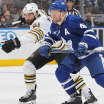Every 13 years when the bottom band of the Stanley Cup is filled with names of champions, the top band is removed and retired to be displayed in the vault of the Hockey Hall of Fame in Toronto. The current top band, featuring NHL championship teams from 1953-54 to 1964-65, is coming off, and four bands below it are sliding up one place to make room for a fresh fifth band at the bottom that will begin with the 2017-18 Washington Capitals. Each day through Oct. 2, NHL.com will look at one of the 12 Cup-winning teams leaving hockey's most coveted trophy.
Black Hawks ended 22-season drought with Cup win in 1960-61
Hall-led Chicago team featured in series about champions being removed from trophy
